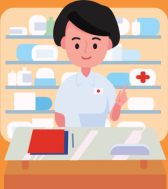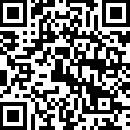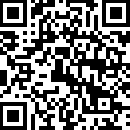What should you do if you get sick while working in Japan?
This section explains how to use clinics and hospitals and about the health insurance system works.
Technical intern trainees may receive medical tests and treatment at clinics and hospitals in Japan.
Treatment does cost money, but Japan has a health insurance system in which all people enroll in a health insurance plan to reduce the burden of medical expenses.
If you have health insurance, the amount you pay at clinics and hospitals is only 30% of the cost.
There are two types of health insurance, namely Employees’ Health Insurance and National Health Insurance. Technical intern trainees will enroll in one or the other.
When you go to a clinic or hospital, be sure to take your health insurance card with you.
Japan has clinics and hospitals, and the type of medical department you go to will depend on your symptoms, such as if you have caught a cold, or suffered an injury, or have a toothache.
You can also buy medicines at a pharmacy.
However, there are many medicines that you cannot buy without a prescription from the doctor at the clinic or hospital.

1. 1 If I get sick, can I receive medical treatment?
Of course you can receive the necessary medical treatment.

 Comment
Comment  Did this information help?
Did this information help?
1. 2 What is health insurance?
• Health insurance is a system in which everybody shares the costs of medical treatment at times of injury or illness.• In Japan, everybody must enroll in some kind of health insurance plan.
• Foreign residents must also enroll .
• To enroll in a health insurance plan, you must pay insurance premiums every month, even when you are healthy.
• The amount of your premium will vary depending on how much money you earn.
• When you enroll in health insurance, the amount you pay at clinics and hospitals will be only 30% of the cost (70% discount).
• If your training organization has enrolled in the Comprehensive Insurance for Technical Intern Trainees (commonly known as JITCO insurance), that 30% that you pay to the clinic or hospital will also be covered by insurance.
• You should check with your company.
•There are two types of health insurance, namely Employees' Health Insurance and the National Health Insurance, in which individuals enroll.The next section explains the differences between the two.


1. 3 What kinds of health insurance plans does Japan have?
Japan has Employees' Health Insurance and National Health Insurance.
Workers must enroll in one or other of these.Translate independently


1. 4 Who can enroll in health insurance?
D is working for an individual farmer, so he would enroll in the National Health Insurance.

A is working at a factory, so he would enroll in his company’s Employees’ Health Insurance plan.

Employees’ Health Insurance
Please check with your company about whether or not you can enroll in its health insurance.
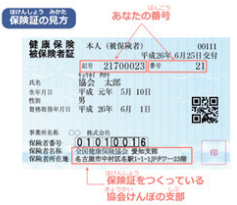
National Health Insurance
The following people are enrolled in National Health Insurance.
• People who are not enrolled in health insurance provided by their company, etc.
• People younger than 75 years of age
• Foreign nationals living in Japan for longer than three months
* People with special visas, such as a designated activities visa for the purpose of receiving medical treatment in Japan cannot enroll in National Health Insurance.
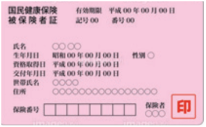

1. 5 How do I enroll in health insurance?
Employees’ Health Insurance
• Register at the company.
• You and your company pay half each of your monthly premium.
• The premium you pay will be taken out of your wages before they are paid.
* If you quit your company, you will no longer be able to use your Employees’ Health Insurance card.
* Even if you quit your job, as long as you have a residence registration certificate, you can participate in national health insurance.
National health insurance
• Register at the city office where you live.
• Need to contact the city office when you move house or start work.
• Monthly premiums vary depending on family size and income.
• If you want to reduce your premium for a special reason, talk to the city office.

1. 6 How much of the costs of medical treatment do I have to pay?
Company health insurance
30% of the cost
• This is different for children and elderly persons.
• This may be subject to change due to revisions of legislation.
National Health Insurance
30% of the cost
• This is different for children and elderly persons.
• This may be subject to change due to revisions of legislation.
Find out more!

1. 7 If the cost I have to pay is very high, is there a way to make it cheaper?
Yes, there is.
- If the amount that you pay (30%) at the clinic or hospital exceeds a certain amount (co-payment limit), after you have paid the amount, about three months later, you will be reimbursed for the “high-cost medical care expenses” (the green part in the diagram).
The amount reimbursed will vary depending on the income level and age of the person insured.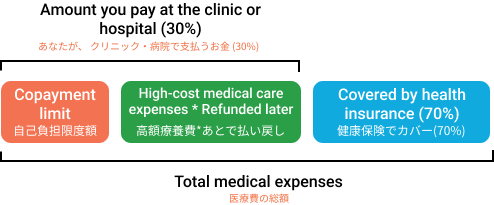
- If you know beforehand that the amount that you will pay (30%) at the clinic or hospital will be very high, there is a way in which you will only have to pay your copayment limit from the beginning (the orange part in the diagram).
You can have the green part in the diagram reduced by submitting a “High-cost Medical Care Expenses Eligibility Certificate” at the counter of the clinic or hospital.
If you are enrolled in Employees’ Health Insurance, you can ask for this “Eligibility Certificate for Ceiling-Amount Application” at your company. If you are enrolled in National Health Insurance, you can ask for it at your local municipal office.
*These procedures may be difficult to complete on your own, so you should consult with the hospital’s social worker or other suitable person.
Alternatively, consult with a Japanese person or someone close to you who understands Japanese.
You can also access counsultation service thourgh [List of Consulting Services] (Chapter0).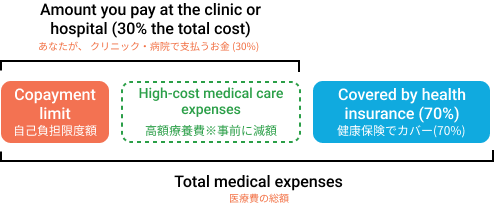


1. 8 Can I pay the money in instalments?
Basically, this is not allowed.There are certain situations in which it is allowed
(e.g., if you only have a small amount of cash on you,
so you would make a partial payment and pay the balance at a later date),
so please inquire at the clinic or hospital when it is time to pay.


1. 9 Where should I go when I get sick?
For mild symptoms, such as a cold or upset stomach, go to a nearby clinic.
For more serious symptoms or major injury, go to a hospital.

Nearby clinic
Hospital
Mild symptoms, such as a cold or stomachache

Small hospital, clinic
Referral/referral letter
If a serious illness is detected. If surgery or hospitalization is required
Serious illness or symptoms, major injury

Large hospital
(general hospital)
What is the difference between a clinic and a hospital?

Hospital: more inpatient beds

Clinic: 19 or fewer inpatient beds
If you go to a large hospital that has 200 or more inpatient beds without a referral, you will be charged an amount of around ¥1,000 to ¥8,000 yen on top of your medical expenses.
How to receive a medical consultation
In Japan, anyone can receive a medical consultation at a clinic or hospital.
- Check your symptoms.
- Search for a clinic or hospital near you that has the appropriate department for your symptoms.
• Some clinics and hospitals only have certain particular departments (e.g., ophthalmology (eye diseases), otolaryngology (ear and nose diseases), dentistry (teeth diseases), orthopedics (injuries)).
• If you go to a large hospital without a referral, you will be charged an amount of around ¥1,000 to ¥8,000 yen on top of your medical expenses.
• If you need a referral, you can obtain one at a clinic. - If you go to a large hospital that has 200 or more inpatient beds, it is better to have a referral.
- Take your health insurance card, cash (about ¥10,000), and any medication you are taking with you to the clinic or hospital.
- Explain your symptoms at reception. You will be asked to show your health insurance card, so show it at reception.
• You may also be asked to show some identification (residence card, etc. or passport). - You will be called when it is your turn, and a doctor will see you.
• Some clinics and hospitals take appointments. If you make an appointment, you will spend less time waiting at the clinic or hospital.
• After you have seen the doctor, do not throw away any receipts or medical certificates. You will need them the next time you see the doctor.

Find out more!
* These websites contain information needed for medical consultations, so please refer to them.

1. 10 What will I need when I go to a clinic or hospital?
When you go to a hospital, bring cash and your health insurance card with valid expiration date or its replacement (such as a certificate of eligibility or My Number card with insurance card). If you are unsure, please ask someone around you to help you.Things to bring if you have them: Any medications you have been taking, past test results, medical certificates, etc.
• You will also often need to show proof of your identity (residence card, etc. or passport), so be sure to bring it too.
• If you do not have your health insurance card or you are not enrolled in health insurance, you will have to pay the full amount.

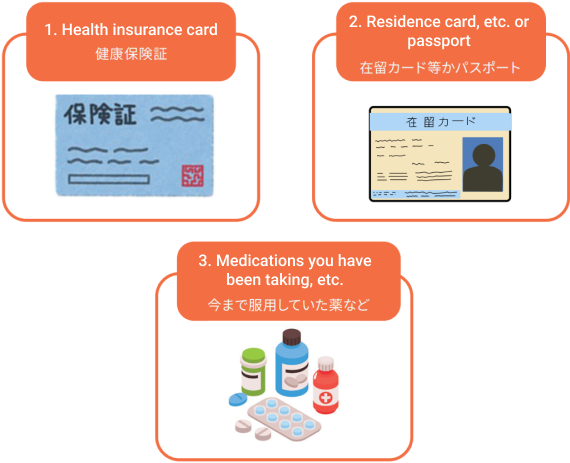

1. 11 What medical department should I go to?
[Answer]
The medical department you go to will be decided by your illness or injury


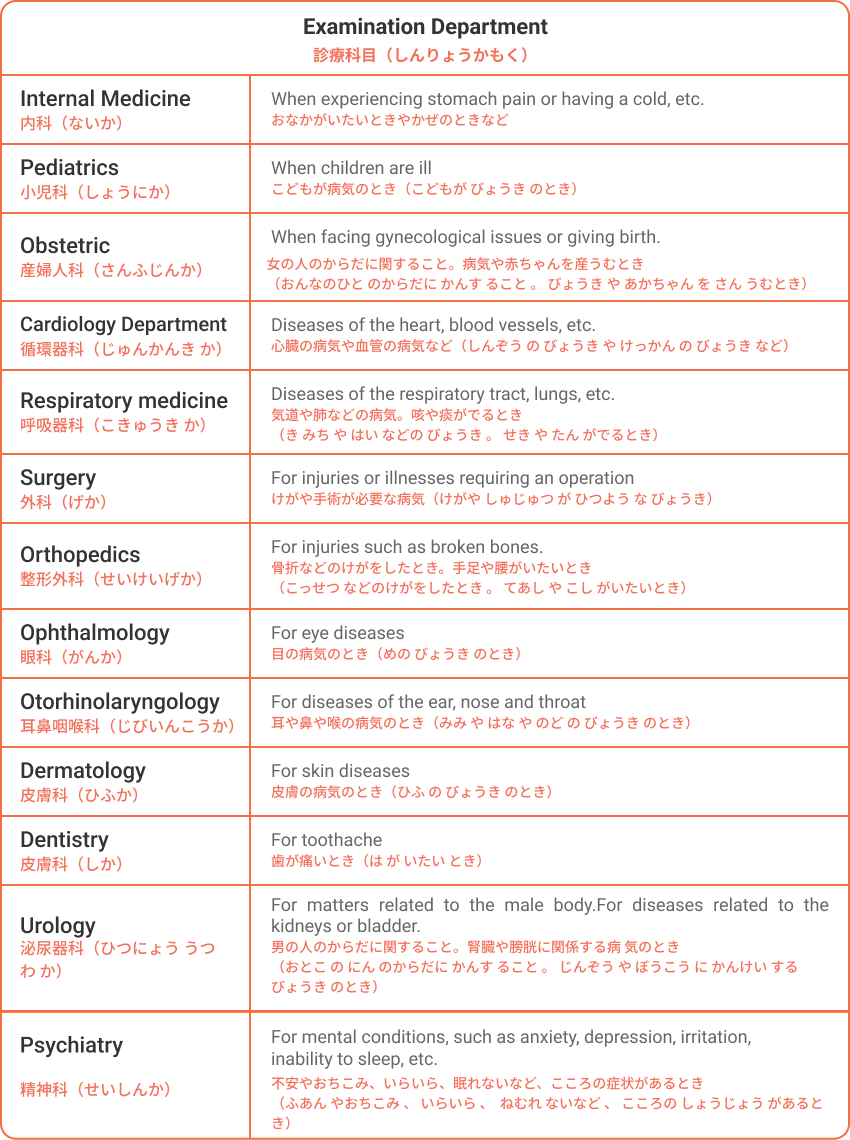
[Column]
What to Do When You Don’t Feel Well! Three Steps!!
If you feel unwell, see a doctor at a clinic or hospital before your symptoms get worse.
Step 1
Do not worry on your own. Just ask someone near you for advice.
Firstly, ask a Japanese person near you or your employer about clinics and hospitals.

Step 2
Telephone!
If Step 1 is too difficult, find a consultation service to provide information about clinics and hospitals and telephone them.

Step 3
Use your smartphone (Google Maps, etc.) to search for a clinic or hospital near you.
If you pluck up the courage to visit a place you find, they will tell you the best place to go.
Find out more!

1. 12 I can’t speak Japanese very well, so I am worried about the language barrier when I go to the clinic or hospital.
- If you understand a little Japanese, ask them to speak slowly in simpler Japanese.
- Before you go to the hospital, ask if they will arrange an interpreter for you and if there will be a charge.
*Some large hospitals have “medical interpreters.”However, there are not many hospitals that have them, and when they do, there is a charge for their services. - Internal exchange associations, foreign national consultation centers, NPOs, and other organizations may provide telephone interpreting or have an interpreter accompany you to the clinic or hospital.

[List of Consulting Services]
You can also access counsultation service thourgh [List of Consulting Services] (Chapter 0).

1. 13 What should I do if I am ill, and I want to take time off work?
- Contact someone at your company.
• You can take time off work to see a doctor or to rest and recuperate.It is the right of workers to take paid leave.
• If a worker becomes ill, it is the responsibility of the company to allow them to take a certain amount of time off work.This is called sick leave.A medical certificate is needed to take sick leave, so please consult someone at your company.
• If you take time off without contacting your company, this will be seen as “absence from work without permission,” and it may become difficult for you to continue to work there.If you take time off work because of illness, tell someone at your company honestly. - Go to a clinic or hospital.
- To prove that you took time off work due to illness, you may need to obtain a document called a “medical certificate” or “doctor’s certificate” from the clinic or hospital.
• You will be charged a fee of between ¥3,000 and ¥5,000 to receive this document.



1. 14 Where can I buy medicines?
You can buy medicines at a pharmacy.
If a doctor prescribes medicines that you need after examining you,
you can take that prescription to the pharmacy to buy the medicine.

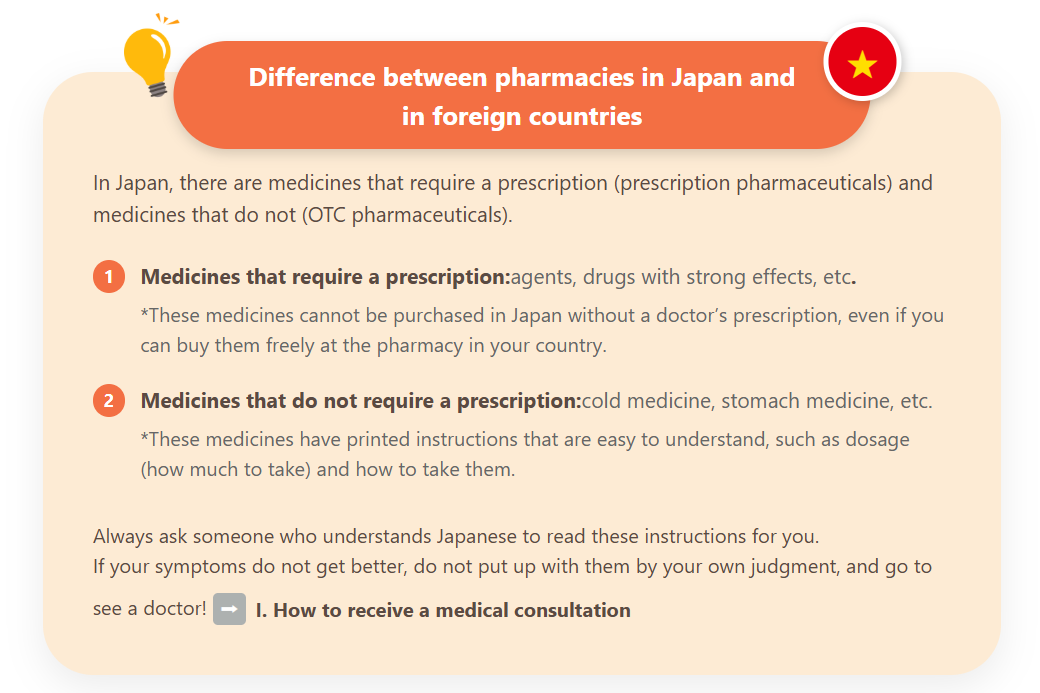

1. 15 I don’t know which medicine to buy.
At some pharmacies, there is a specialist in medicines called a pharmacist.The pharmacist will tell you whether or not you can buy the medicine you need and what kind of medicine you should buy, and advise you about how to take medicines and how to be seen by a doctor at a hospital, so if there is anything you don’t know, ask the pharmacist.

[Detailed Information in Japanese]
To bring more than one month’s supply of medicines into Japan or to have medicines sent to you from your country, you will need to undertake certain procedures (Import Confirmation Certificate).
Also, it is prohibited by Japanese law for you to sell or give the medicines you have brought into Japan to friends or acquaintances or to buy or receive such medicines from others. Information for those who are bringing medicines for personal use into Japan (Japanese)


1. 16 If a technical intern trainee quits work (runs away) without saying anything, what will happen if they get sick?
They will lose their eligibility to enroll in health insurance, so if they go to a hospital in Japan, they will have to pay the full cost themselves. This will be very expensive.
• Even if you have run away, seeing a doctor and obtaining medicine is an important act that will protect your life.
• If there are circumstances that mean you have to run away or if you fall ill after you have quit, consult with one of the support organizations.
• There are hospitals that will reduce the amount that you have to pay yourself if you fall ill while uninsured.
• However, there are very few of these hospitals, and the procedures are complicated, so you should consult a support group.
• The procedures for this kind of situation are very difficult, so seek advice in English from one of the hotlines

[List of consulting channels]

Tomoiki Japan-Vietnam Support Association
You can ask for advice via Messenger from Facebook using the following QR code
(Starting in Japanese, but can use Vietnamese)




